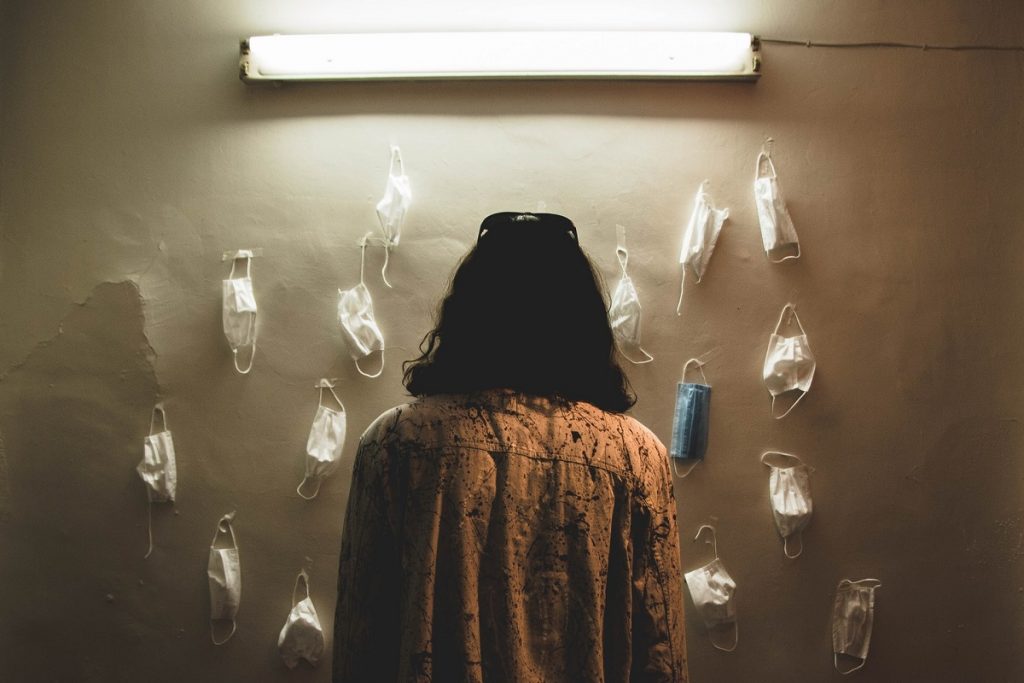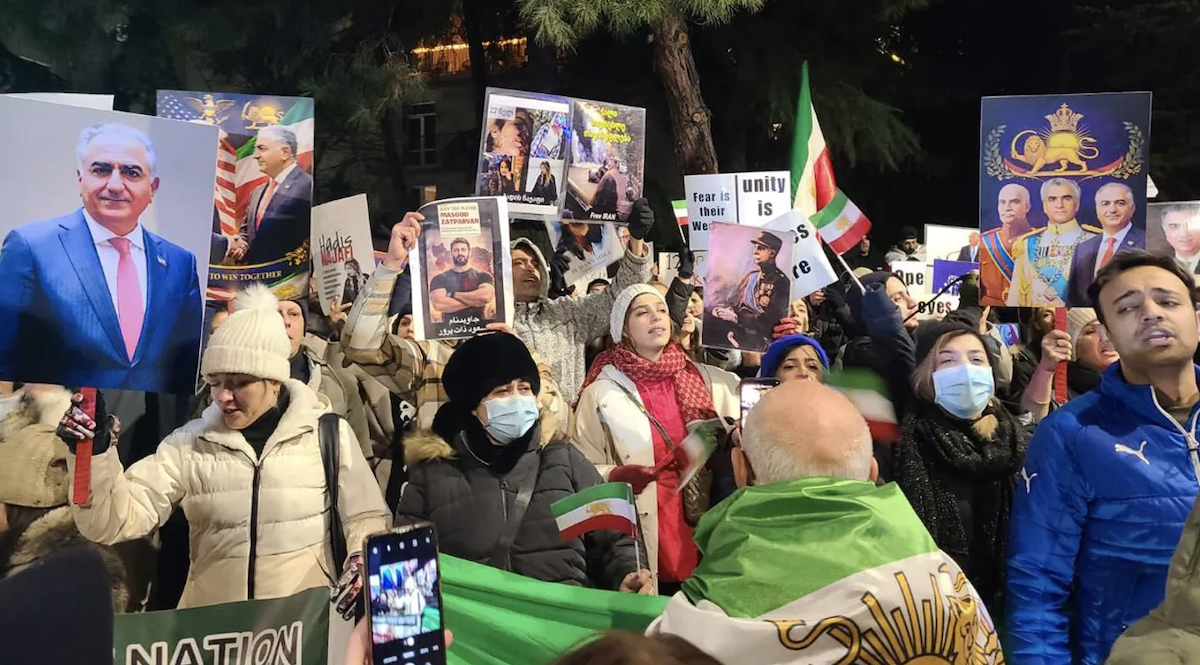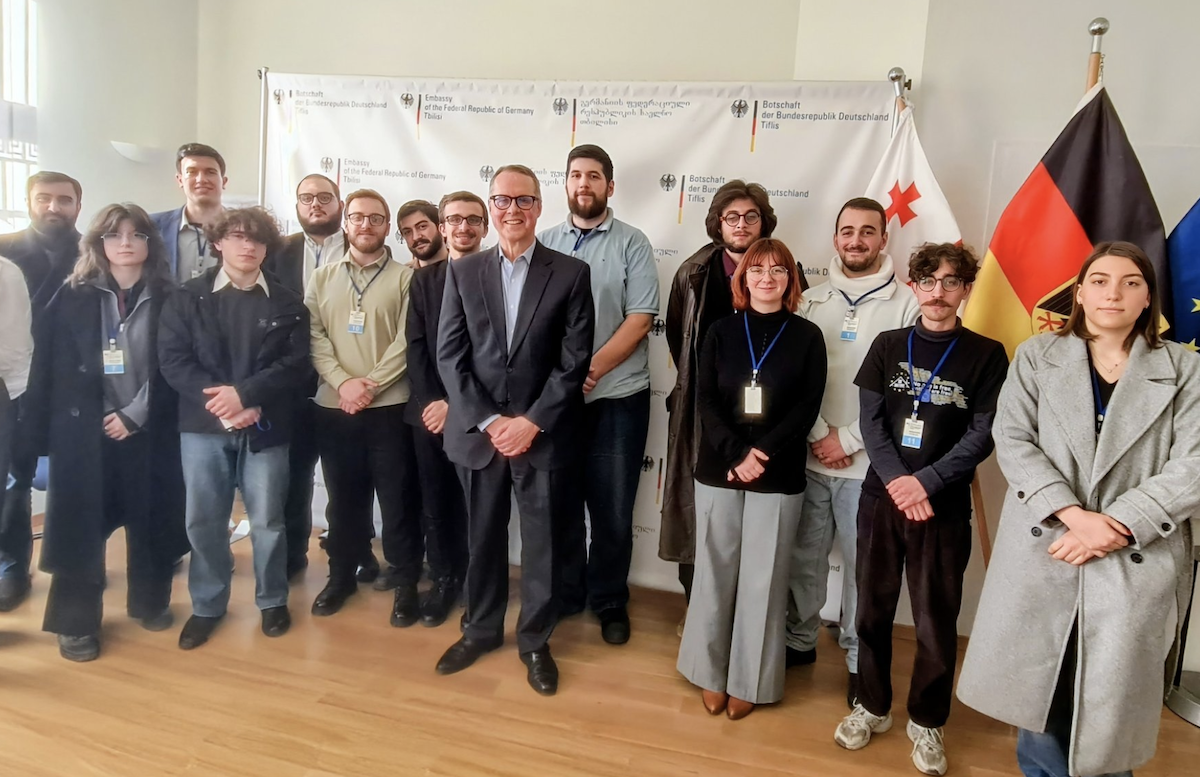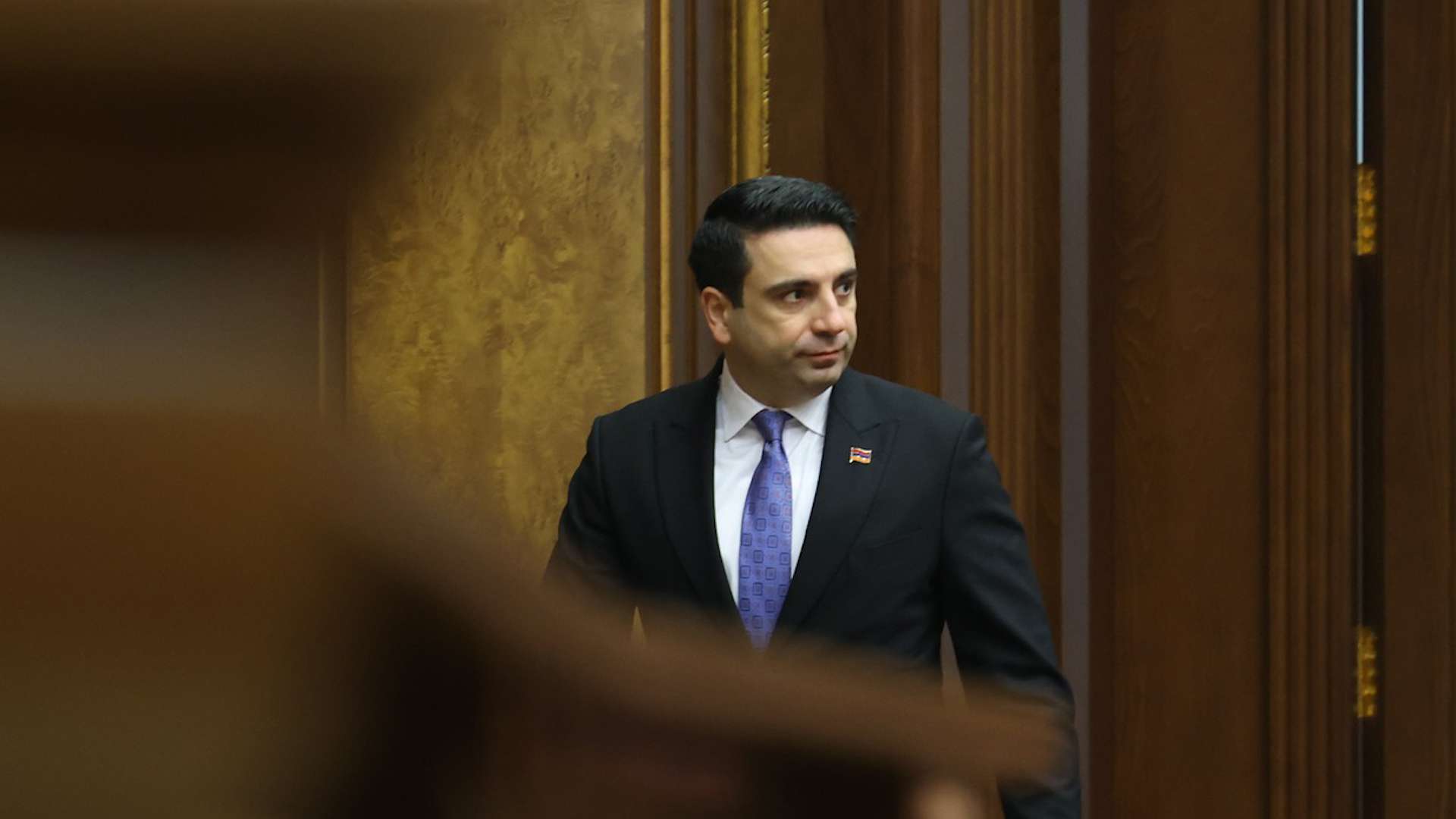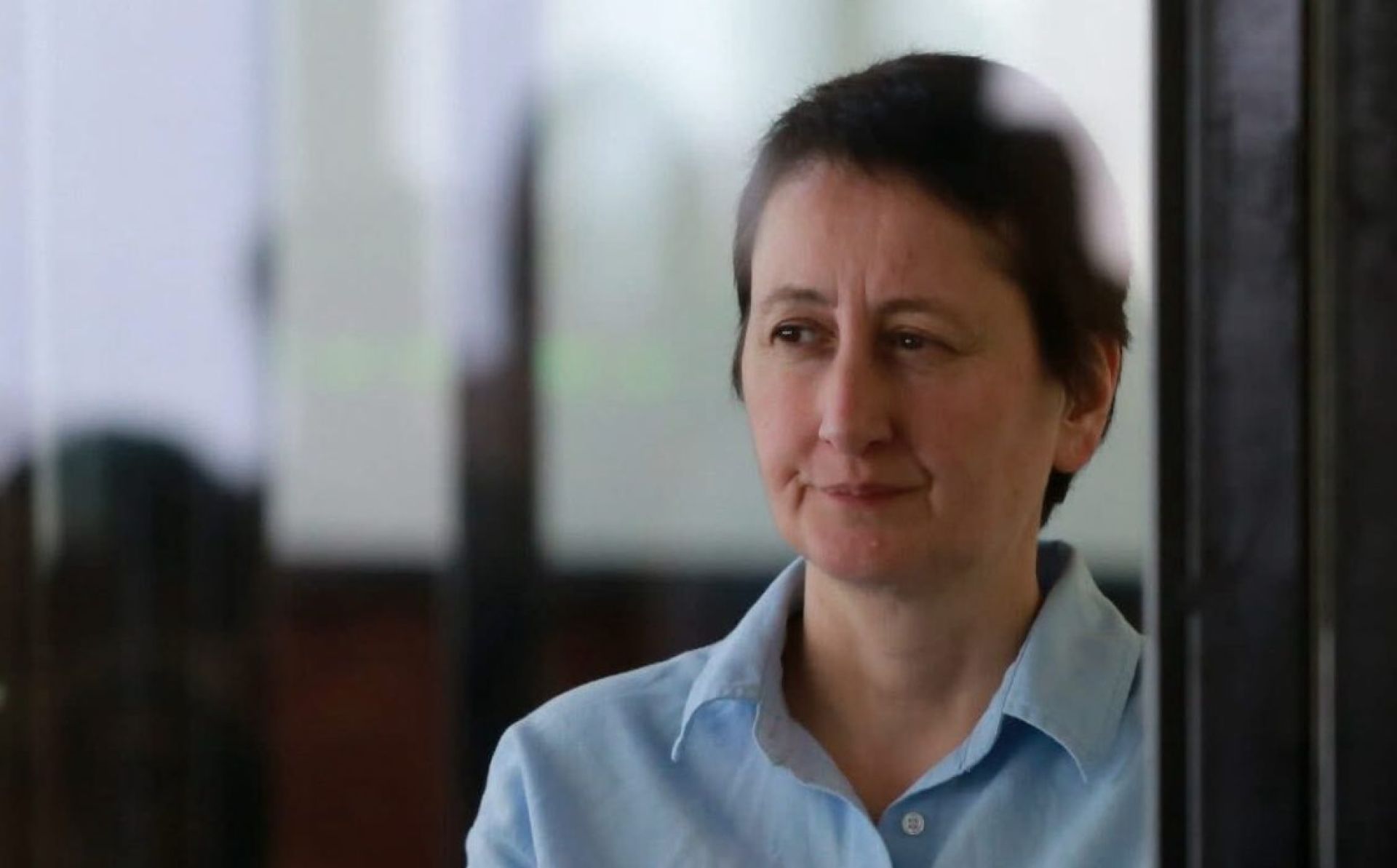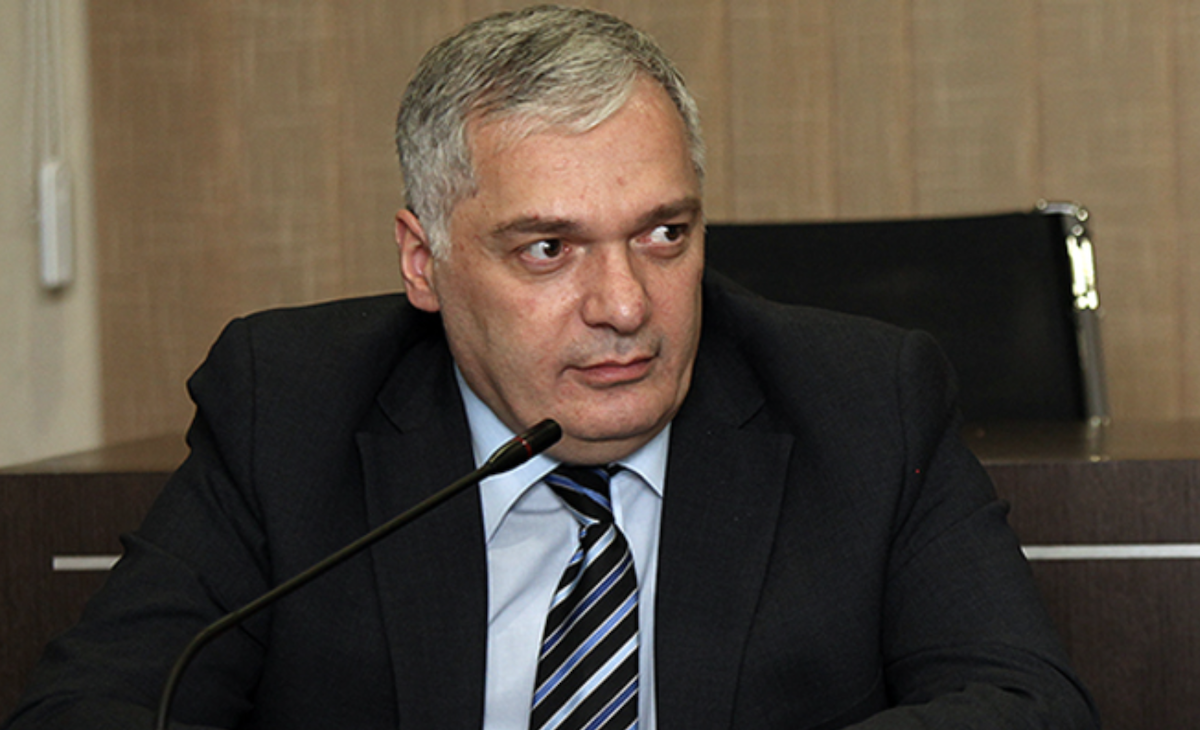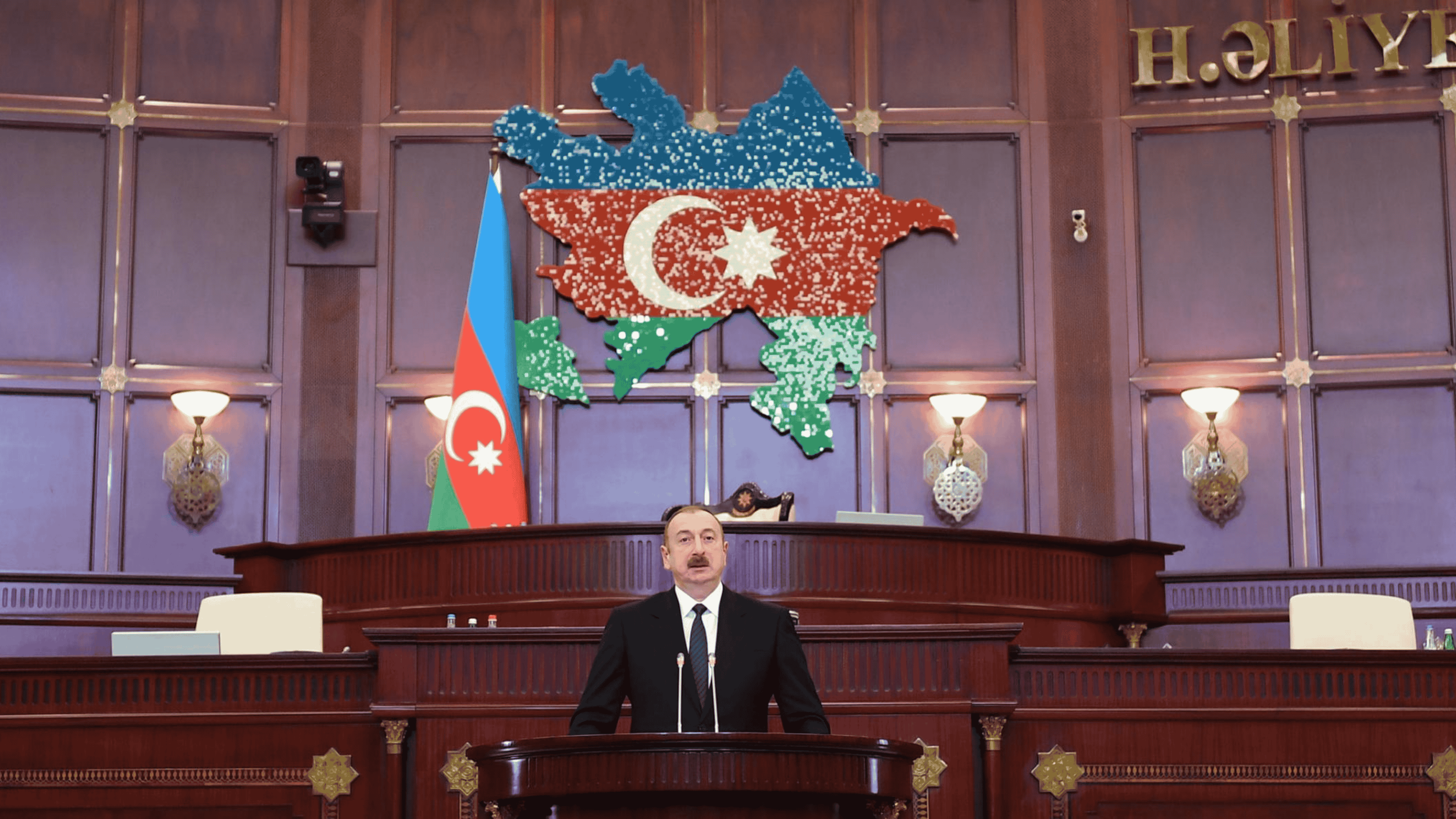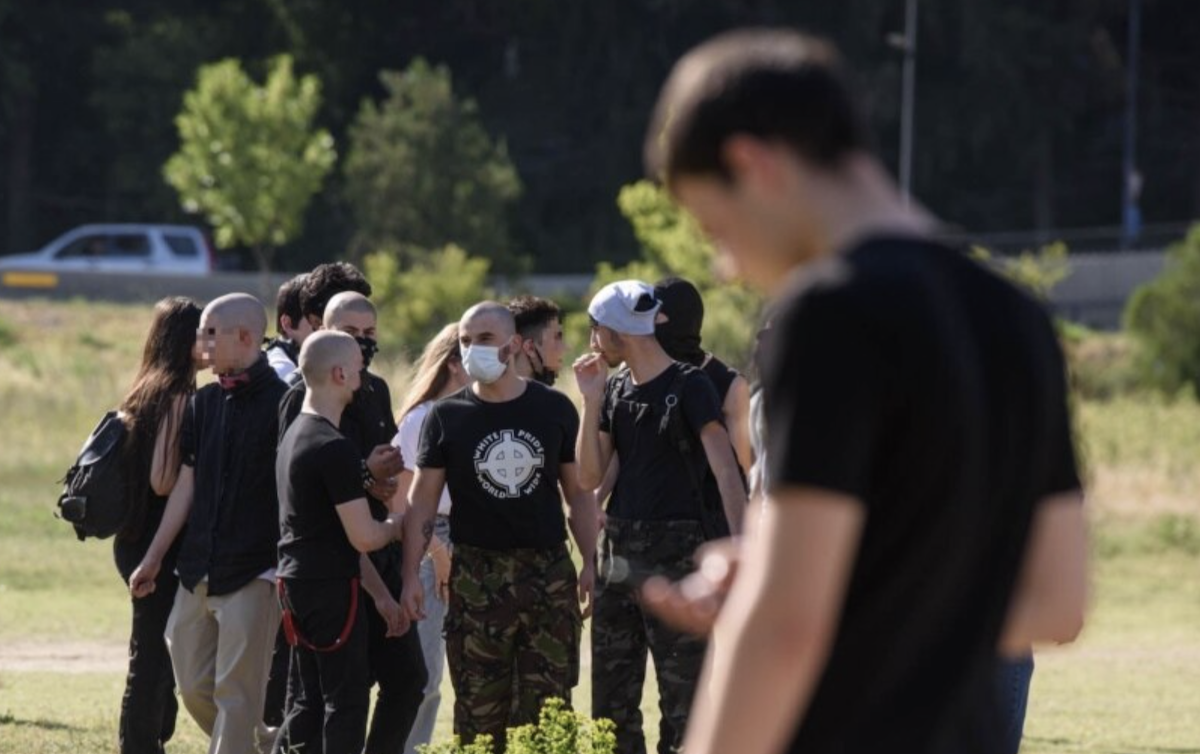Delivery of AstraZeneca postponed, Armenia in talks to buy Russian Sputnik V
Vaccination programme in Armenia
Armenia is planning to launch a nationwide anti-coronavirus vaccination program in spring and the first stage is likely to be carried out using the Russian Sputnik V vaccine.
Negotiations on the purchase of the Russian vaccine are nearing an end.
So far in Armenia, only high-risk health workers who treat patients infected with COVID-19 have received the vaccine.
Russia provided Armenia with 2,000 doses of Sputnik V vaccine free of charge, which will be enough to vaccinate 1,000 people.
Here, we will have a closer look at how Armenia selected what vaccine to purchase, as well as the main characteristics and prices of other vaccines considered.
- IRI poll reveals Armenian gov’t still enjoys considerable support
- Armenia enters into yet another coronavirus wave
- Vaccination against COVID-19 begins in Georgia
Who will be vaccinated first?
Minister of Health of Armenia Anahit Avanesyan stated earlier that vaccination with the Russian Sputnik V will begin in March. Armenia will purchase 15,000 doses of the Russian vaccine, which will be enough for 7,500 people.
The Armenian authorities intend to only vaccinate people at risk. During the first stage of the vaccination programme, residents and staff of nursing homes, people aged 65 and over, as well as patients with chronic diseases aged 16 – 64, will be vaccinated.
Depending on the epidemiological situation in the country and the availability of vaccines, during the second stage of the vaccination program university professors, school teachers, military personnel, employees of the Ministry of Emergency Situations, justice sector, public transport, as well as civil servants will be vaccinated.
“The vaccine, purchased with the country’s state budget, will be free for the citizens of Armenia. Vaccination in the country is carried out on a voluntary basis in clinics and outpatient clinics. Vaccinated people will be issued documents – vaccination cards.
However, those who are going to leave the country are advised to check in advance the specific requirements of the country of their visit”, the Ministry of Health said in response to our written request.
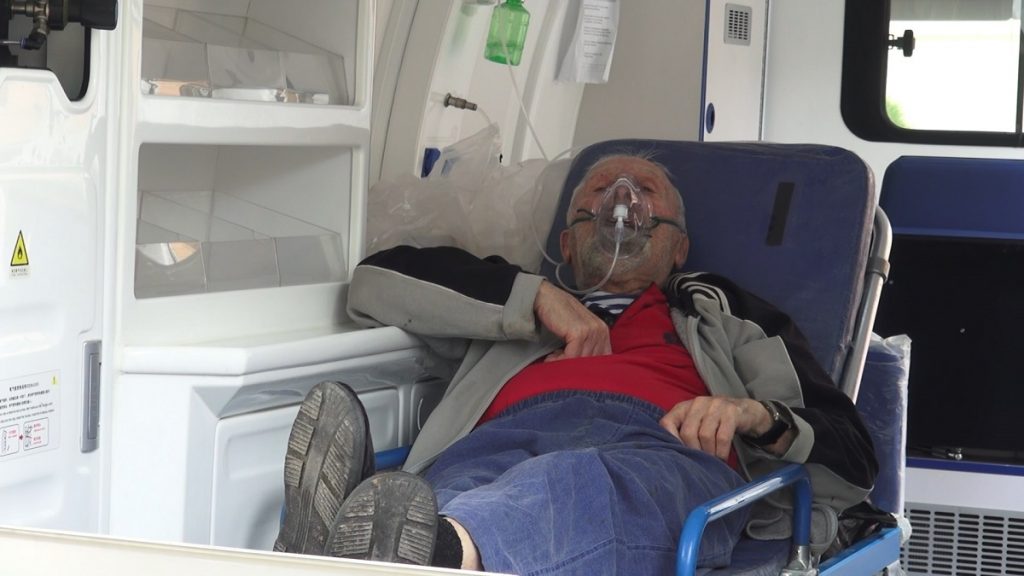
Three vaccines considered, two approved
The country’s immunization commission considered the possibility of using three anti-coronavirus vaccines in Armenia; it approved AstraZeneca produced by a British-Swedish pharmaceutical company, and Russia’s Sputnik V, but rejected the American Pfizer vaccine.
The concerns are not about the safety or effectiveness of the Pfizer vaccine, but about the conditions for its storage, says the chairman of the commission, Anna Chobanyan:
“Pfizer has to be stored at a very low temperature, -70 ° C. If the storage conditions are not followed, the vaccine may lose its effectiveness. Since Armenia cannot yet provide such conditions, the commission decided not to use this vaccine. In the future, if the country is able to meet these storage requirements, we can consider this issue again”.
Selection criteria
“The expert commission, which includes various specialists such as pediatricians, immunologists, allergists, infectious disease specialists and neuropathologists examined all the vaccine data, their effectiveness, side effects and, based on this analysis, prepared its final conclusion”, says the chairman of the commission, resuscitation specialist Anna Chobanyan.
Anna Chobanyan noted that Sputnik V demonstrated good results in all of the above:
“In the case of this vaccine, only mild side effects are observed, such as an increase in temperature up to 38 degrees lasting for one or two days”.
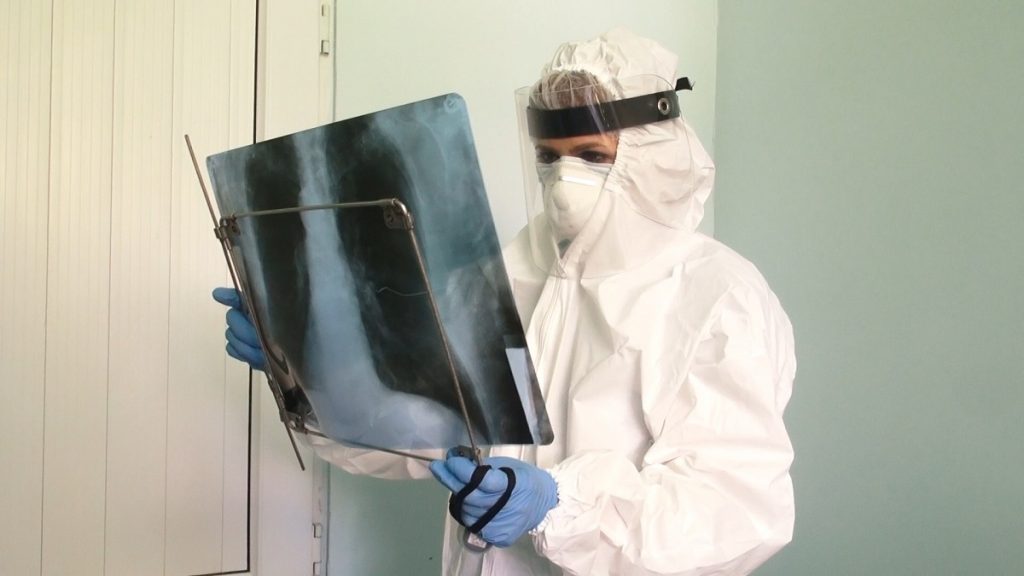
Why is the vaccination programme starting with Sputnik V?
Last year, it was reported that due to a lack of financial resources, Armenia would be able to purchase enough vaccine only for 10% of the country’s population.
On January 25, the Ministry of Health made a decision to vaccinate 3% of the population during the first stage of vaccination and to purchase the AstraZeneca vaccine, on the advice that it could be delivered to Armenia by March 2021 and was available at a price of up to four dollars per dose.
However, the procurement process for AstraZeneca is now being delayed. It can be purchased through the COVAX FACILITY platform aimed at ensuring the availability of vaccines for low- and middle-income countries, and which Armenia joined last year.
It is reported that in the first half of 2021 190 country -members of the Covax platform will be able to get the vaccine for vulnerable groups, and by the end of the year, up to 20% of the global population will be able to get vaccinated.
Covax currently offers two vaccines – AstraZeneca and Pfizer, says Gayane Sahakyan, deputy director of the National Center for Disease Control and Prevention:
“They offer the vaccine that they signed a contract with the manufacturer. For example, Moderna did not agree to supply the vaccine via the Covax platform, possibly due to its high cost or lack of large quantities of doses, as Covax is aimed at high volume supplies”.
Gayane Sahakyan added that negotiations with different vaccine manufacturers were being conducted in parallel:
“Armenia conducted direct negotiations with the Moderna company, but the price of the vaccine was quite high. A single dose of Moderna vaccine costs between $10 – $50”.
Along with this, negotiations were underway with Russia, which offered an anti-coronavirus vaccine for $10 per dose. Taking into account the reasonable price and availability of the vaccine, Armenia chose the Russian Sputnik V. The first stage of the vaccination programme will begin with the use of the Russian vaccine.
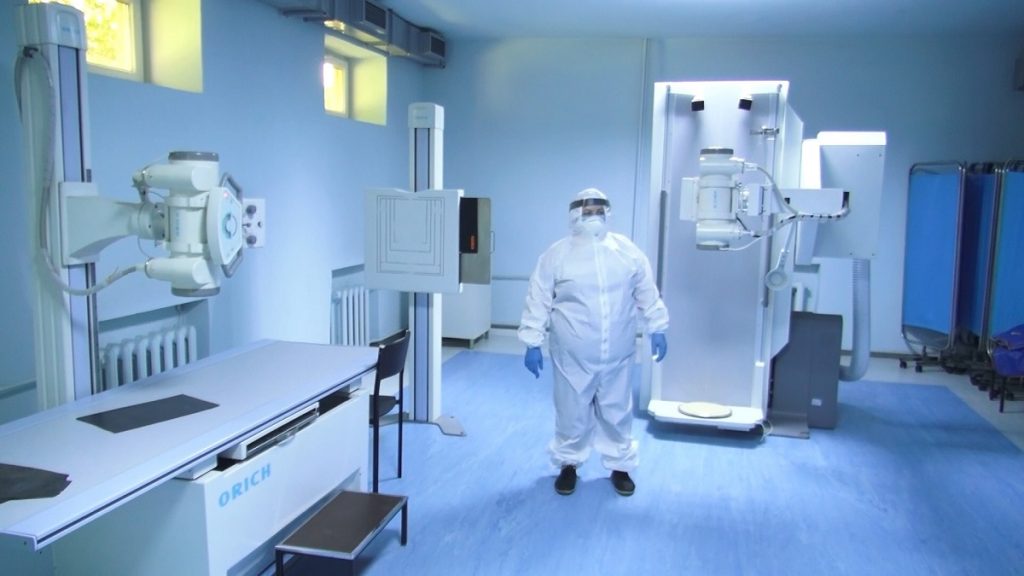
What is known about Sputnik V so far
Clinical trials of the Russian vaccine were completed recently; the effectiveness of the drug is estimated at 92%. Sputnik V was the world’s first registered anti-coronavirus vaccine and was developed by the Gamaleya National Research Center for Epidemiology and Microbiology in Moscow.
In August 2020, the Gam-COVID-Vac vaccine (Sputnik V) was registered in Russia, without waiting for the results of the third phase of research.
Sputnik V is the second most used coronavirus vaccine in the world and has already been approved by government agencies in 45 countries. The most widely used vaccine is AstraZeneca, which is now approved in 49 countries. The third is the American Pfizer vaccine, as it has been approved in 43 countries.
About the AstraZeneca vaccine
The vaccine is based on a weakened version of the common cold virus (adenovirus), which is taken from chimpanzees. Its injection stimulates the immune system to synthesize antibodies. During the trials, none of the volunteers who received the shot of the vaccine required hospital treatment.
It was developed in collaboration with the University of Oxford but the initial clinical trials showed relatively low efficacy.
At the end of November 2020, the manufacturer itself said that as per the interim analysis of clinical trials, the vaccine is 70% effective. However, this is an average figure, and, during the initial phase of trials, both doses of the vaccine were administered at short intervals. It was later discovered that the effectiveness of the vaccine increases significantly if injections are given at intervals of four weeks.
Yet on March 7, the Austrian authorities suspended the use of AstraZeneca after the death of a woman vaccinated with it.
On March 11, Denmark, Norway and Iceland also suspended the use of it due to the formation of blood clots in the grafted blood vessels of some of the recipients.
